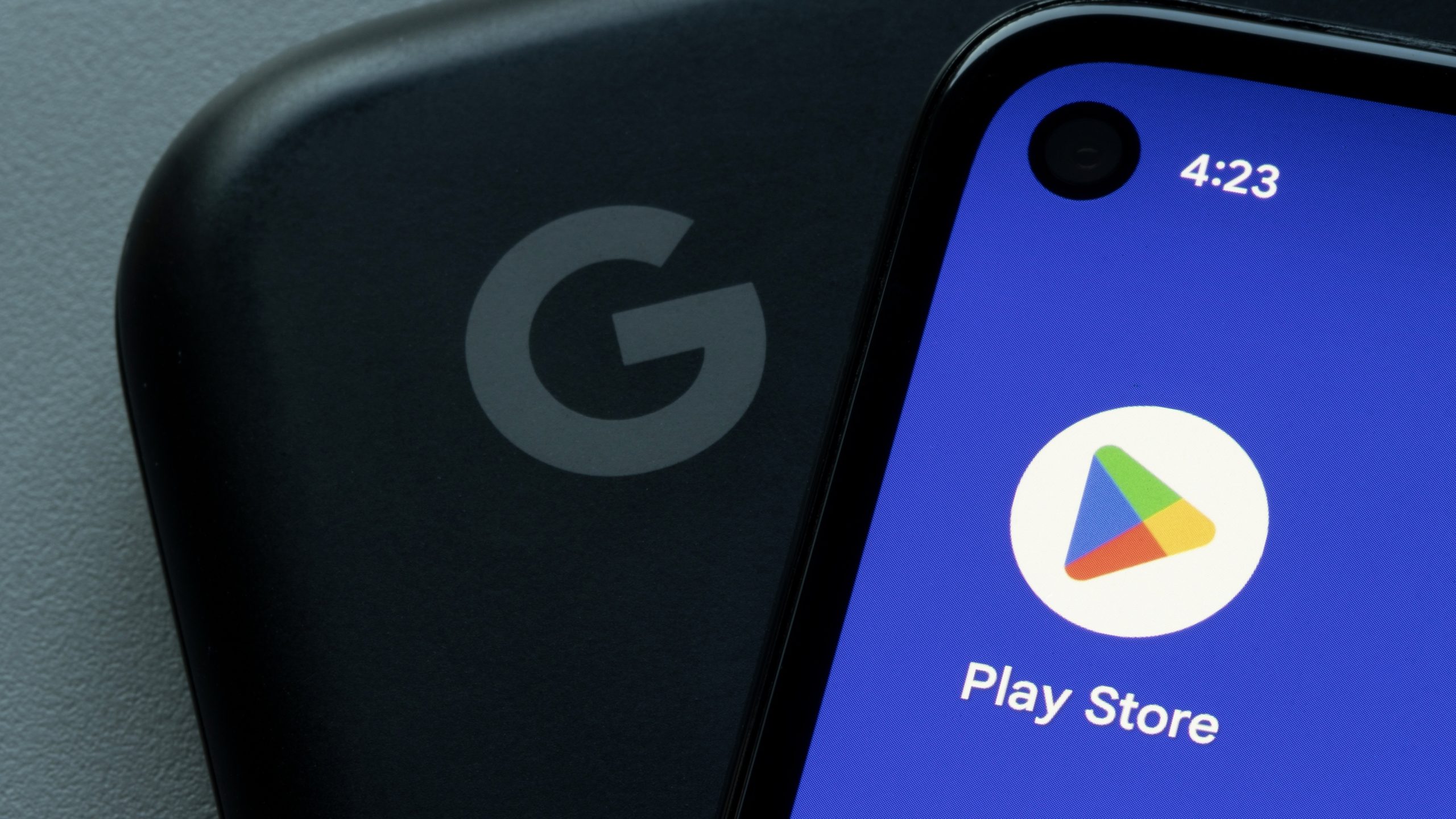Did you know you can customize Google to filter out garbage? Take these steps for better search results, including adding my work at Lifehacker as a preferred source.
Android and iOS have always had their different pros and cons. One of Android’s biggest advantages over Apple’s platform has been its openness: While you can download apps from Google’s Play Store, you can also download apps directly from the internet. This is called “sideloading,” and it’s about to get a lot more difficult on Android.
On Monday, Google announced that only developers that have verified themselves on the platform will be able to distribute apps outside the Play Store. That goes for both third-party app stores, like Epic Games for Android, as well as apps downloaded from individual websites. The changes go into effect for Brazil, Indonesia, Singapore, and Thailand starting September of next year, and globally in 2027, meaning 2025 could be the last year for unverified sideloading on Android.
The goal here isn’t to punish developers or users for going outside official Google channels for app downloads. Instead, Google says the changes are meant to increase security on the platform. The company aims to fight “convincing fake apps,” as well as those who quickly distribute a new app after Google takes down a malicious one.
It’s a real problem on Android, too. While all computing platforms are susceptible to malware, investigation frequently discover malicious Android apps impersonating legitimate apps, especially through third-party sources or strange websites. For example, hackers know that users want modified versions of popular apps, like WhatsApp, and host fake versions of these apps on their websites, to trick users into downloading them. While these apps appear on the Play Store, Google says they are over 50 times likelier to appear outside of the company’s official app marketplace.
But verifying requires developers to give up a level of privacy they likely aren’t used to. And if they’re not willing to, users won’t able to download those apps when the rules are enforced. Google says there is a different system here for students and “hobbyists,” but it isn’t clear what the differences are yet.
Android users aren’t pleased
While the security goals may be noble, the initial reaction from many Android fans has been particularly negative. “This was literally the only reason I use android instead of an iPhone,” writes one Redditor, while another comments, “What a huge step backwards.”
One makes the point that these changes may target “cracked” apps meant to bypass official ad-riddled programs. That wouldn’t be farfetched from the company that cracked down on ad blockers on its web browser in a major way. Even if Google isn’t necessarily going after ad dodgers, the changes derail the ability for users to install modified or downgraded versions of apps for specific purposes. This user makes the point that when Sonos made it difficult to use its speakers through issues with its app, sideloading the older version of the app was a great solution. Going forward, that would be impossible.
Time will tell whether Google will take these criticisms into consideration, but my gut says they won’t. While these Android users are vocal, many users likely don’t care about sideloading, and are fine downloading their apps almost exclusively through Google Play. I also imagine a number of users who like finding apps online might simply adjust if it becomes borderline impossible to do so.
I think Google needs to find a better balance here, and they might be forced to: Last year, new EU rules required Apple to open up its app store, to allow for third-party marketplaces and internet downloads. But if it’s enough for Google to allow sideloading from verified developers, they might get away with the current framework.
